Senegal President To Step Down On 2nd April

Macky Sall
Senegal’s President, Macky Sall, has formally announced his intention to step down from office on 2nd April, coinciding with the end of his term.
However, the timing for electing his successor remains uncertain. Sall has indicated that the scheduling of elections hinges upon the outcomes of an upcoming national dialogue, slated to commence on Monday, involving various stakeholders such as civil society organizations, political parties, and potential candidates.
Addressing concerns about a potential term extension, Sall emphasized the importance of resolving the election timeline decisively during a televised interview: “On 2nd April 2024, my tenure as Senegal’s leader concludes… I hope for a clear resolution to this debate.”
His announcement seeks to allay fears amid a political crisis sparked by his earlier attempt to postpone the elections to December, citing the need to resolve disputes over other candidates’ eligibility. However, the move was deemed unconstitutional by the country’s highest court, which urged for elections to be held without delay.
READ ALSO: Top 10 Poorest Countries In Africa In 2024 According To IMF
Despite Sall’s acknowledgment that organizing elections before his departure appears unlikely, the interim period between his mandate’s expiration and the completion of elections remains uncertain. Sall expressed confidence that there would be no leadership vacuum during this transitional phase.
Furthermore, Sall hinted at the possibility of releasing political opponents, including opposition figure Ousmane Sonko, whose detention triggered nationwide protests last year. This gesture underscores Sall’s efforts to mitigate tensions and foster a smoother transition of power in Senegal.
About Macky Sall
Macky Sall was born on December 11, 1961, in Fatick, Senegal. He studied geological engineering and geophysics in Senegal and France, earning a degree from the Dakar School of Geology and later a Master’s degree from the French Institute of Petroleum (IFP).
His political career began in the 1980s when he joined the Senegalese Democratic Party (PDS), led by President Abdoulaye Wade. Sall held various ministerial positions in Wade’s government, including Minister of Mines, Energy and Hydraulics, and later as Minister of the Interior and Minister of National Defense.
In 2004, he became Prime Minister, serving until 2007 when he was replaced by Idrissa Seck. However, Sall remained a key figure within the PDS until 2008 when he fell out with President Wade and was subsequently expelled from the party.
In 2009, Macky Sall founded his own political party, the Alliance for the Republic (APR), which became a major opposition force in Senegalese politics. In the 2012 presidential election, he ran against incumbent President Wade and won in the second round with around 66% of the vote.
As President, Sall implemented several economic reforms aimed at improving Senegal’s economy, including infrastructure development projects such as highways, bridges, and energy initiatives. He also focused on initiatives to combat corruption and improve governance.
In 2019, Sall was re-elected for a second term as President, winning with over 58% of the vote. However, his presidency has faced criticism from opposition parties and civil society groups over issues such as human rights abuses and restrictions on freedom of expression.
Overall, Macky Sall is known as a pragmatic leader who has prioritized economic development and infrastructure projects while facing challenges related to governance and political opposition.
Send Stories | Social Media | Disclaimer
Send Stories and Articles for publication to [email protected]
We Are Active On Social Media
WhatsApp Channel: JOIN HERE
2024 BECE and WASSCE Channel - JOIN HERE
Facebook: JOIN HERE
Telegram: JOIN HERE
Twitter: FOLLOW US HERE
Instagram: FOLLOW US HERE
Disclaimer:
The information contained in this post on Ghana Education News is for general information purposes only. While we endeavour to keep the information up to date and correct, we make no representations or warranties of any kind, express or implied, about the completeness, accuracy, reliability, suitability or availability with respect to the website or the information, products, services, or related graphics contained on the post for any purpose.



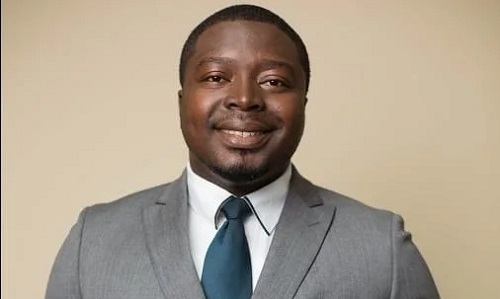 Profile Of Kwabena Boateng, Ejisu MP Elect
Profile Of Kwabena Boateng, Ejisu MP Elect 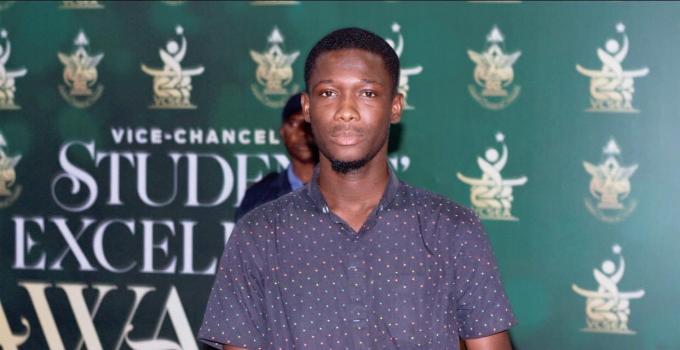 KNUST student honoured at International Sports Media Awards (AIPS)
KNUST student honoured at International Sports Media Awards (AIPS) 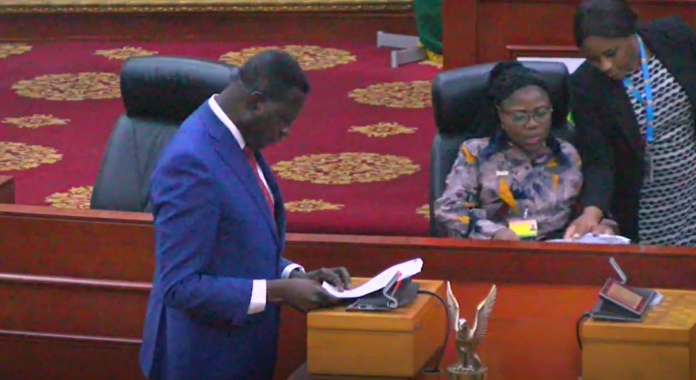 GNAPS calls for urgent subsidy of BECE charges for private schools
GNAPS calls for urgent subsidy of BECE charges for private schools 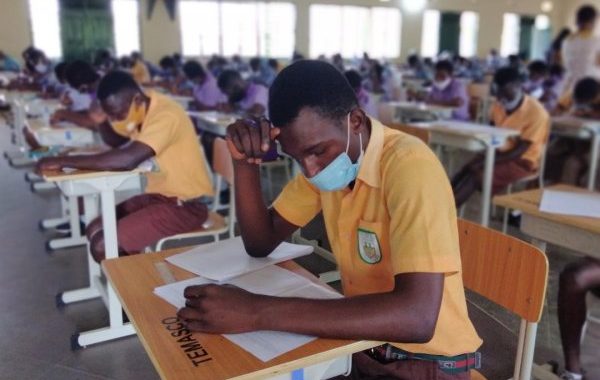 How to Create Good Study Habits for Exams
How to Create Good Study Habits for Exams 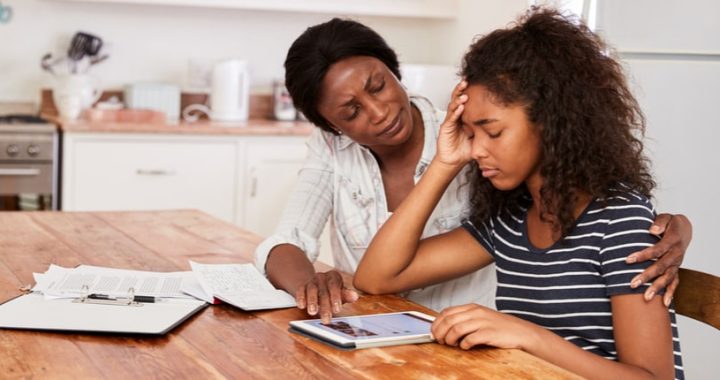 How to Help Your Child Prepare for Exams
How to Help Your Child Prepare for Exams 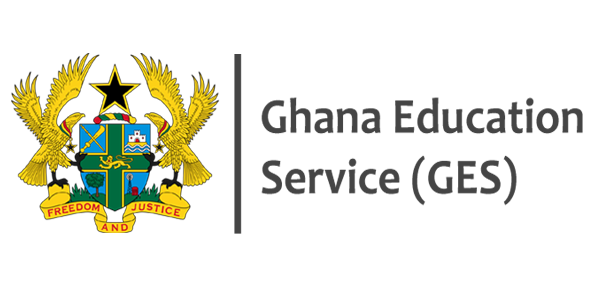 GES To Query 42 Teachers In The Upper West Region; Here’s Why
GES To Query 42 Teachers In The Upper West Region; Here’s Why